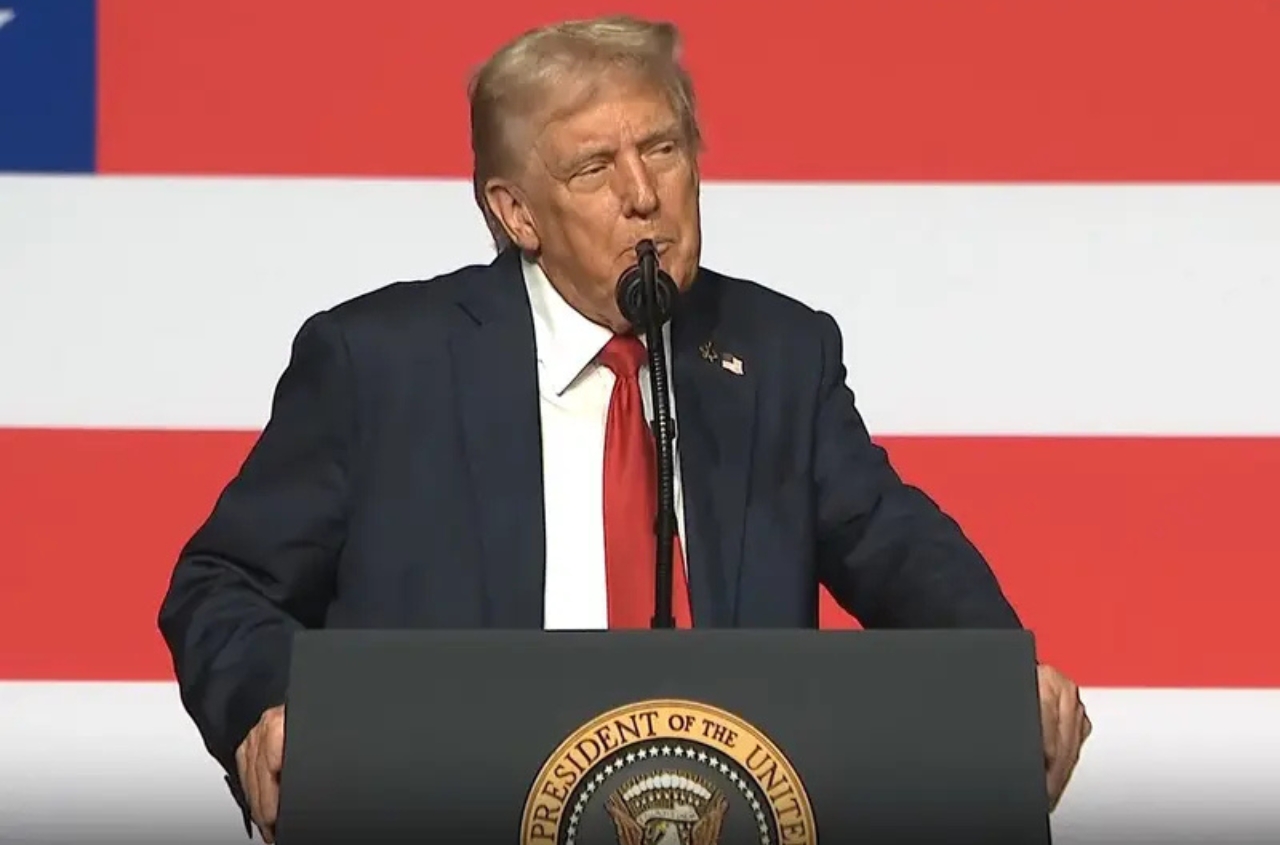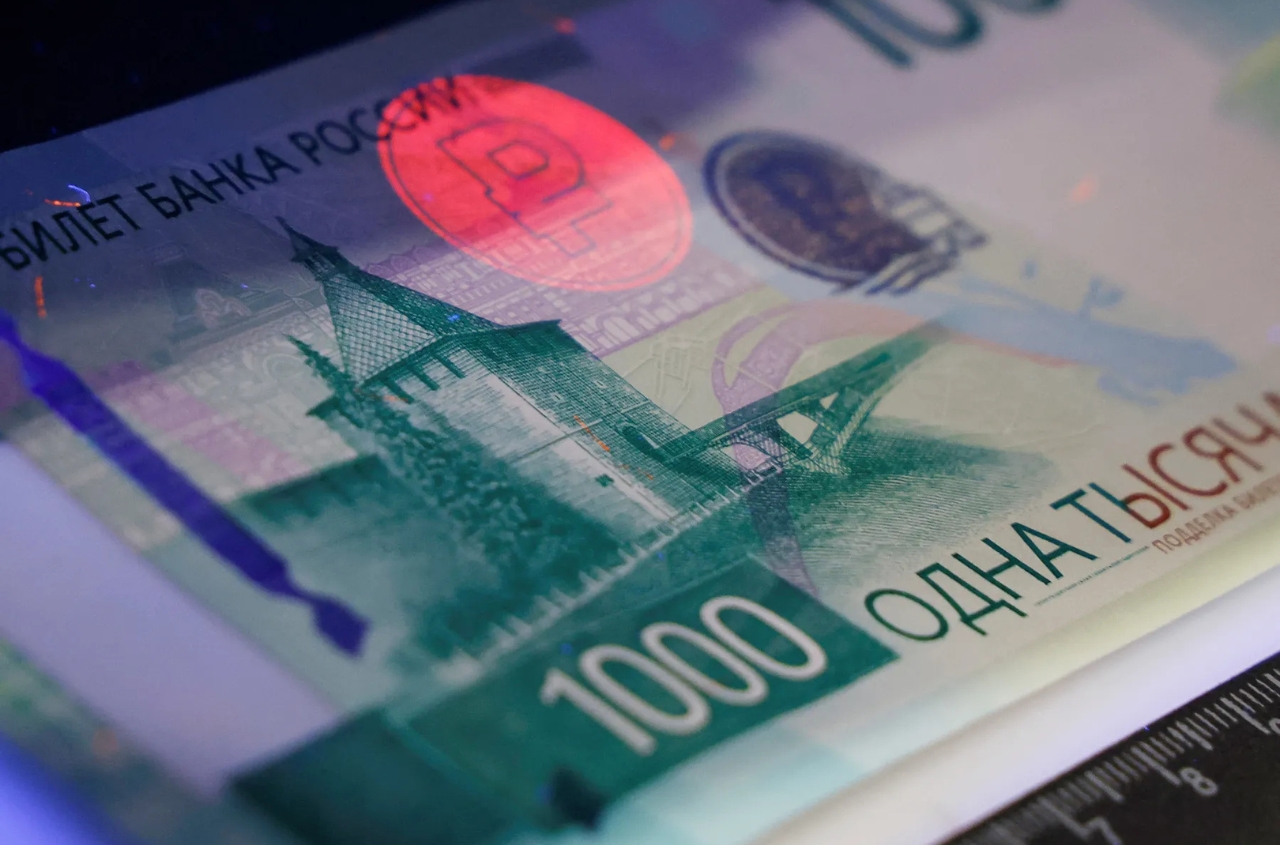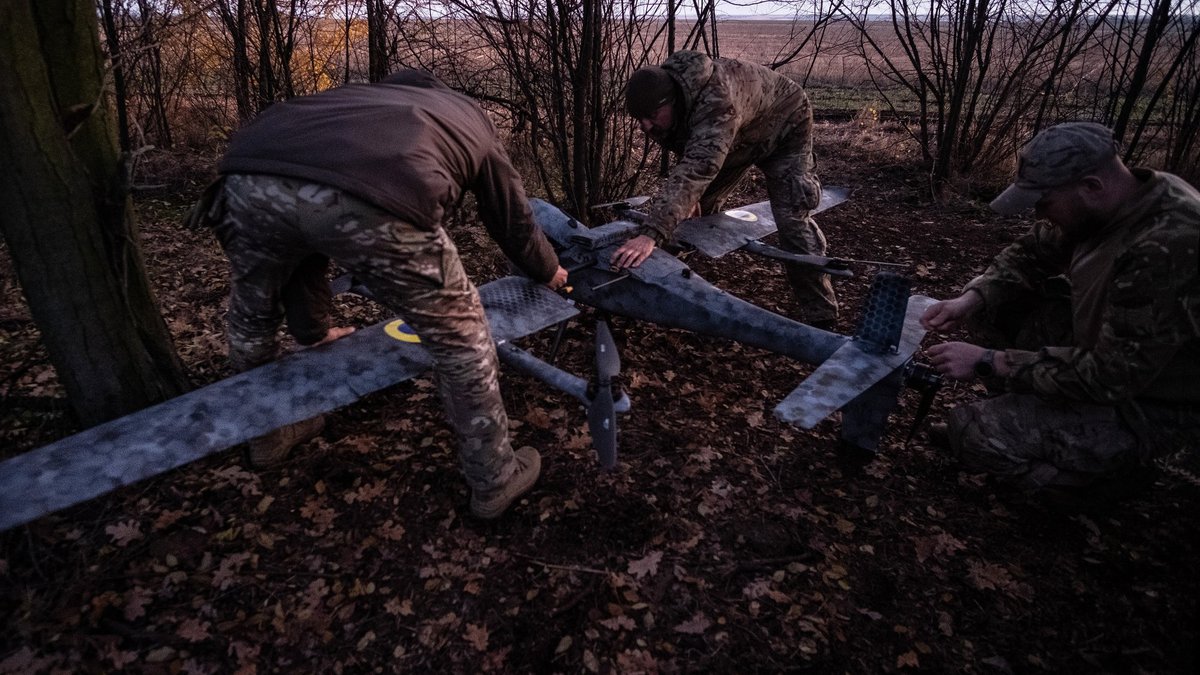In 2023, NATO aircraft intercepted Russian military planes over 300 times in Europe. The majority of interceptions took place over the Baltic Sea.
"NATO fighters are on standby around the clock, ready to take off in case of suspicious or undeclared flights near the airspace of our Alliance members," the statement said.
NATO added that Russian aircraft have long ceased transmitting the transponder code indicating their location and altitude, do not provide a flight plan, and do not establish communication with air traffic controllers.
The vast majority of encounters between NATO and Russian aircraft were safe and professional. Violations of NATO airspace by Russian military aircraft remained rare and brief.
"NATO fighters are on standby around the clock, ready to take off in case of suspicious or undeclared flights near the airspace of our Alliance members. Airspace patrol is an important means by which NATO ensures the security of its members," said NATO Acting Spokesperson Dylan White.
After Russia's war in Ukraine, NATO significantly strengthened its air defense on the eastern flank, including increasing the number of fighters, surveillance aircraft, and ground-based air defense assets.
Following multiple Russian strikes on Ukrainian infrastructure located very close to NATO territory, Alliance members deployed additional fighters to Romania.




















